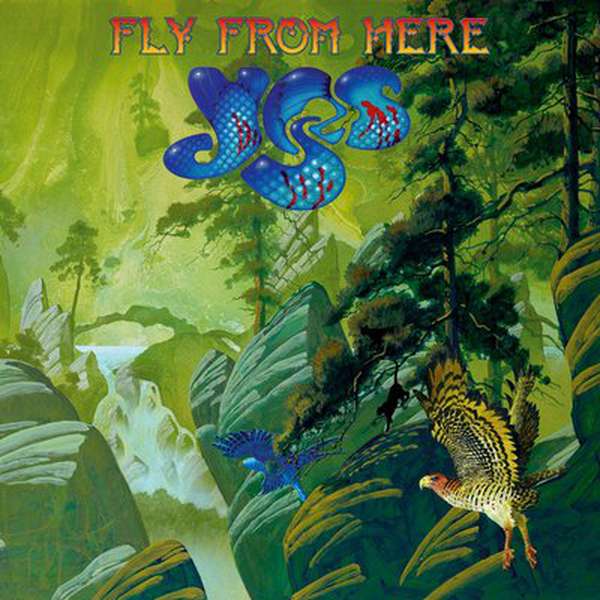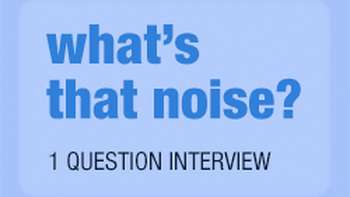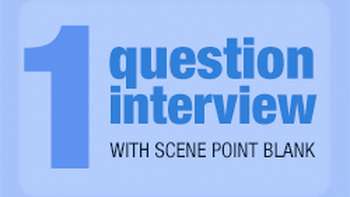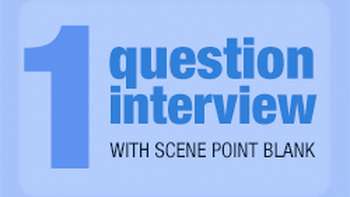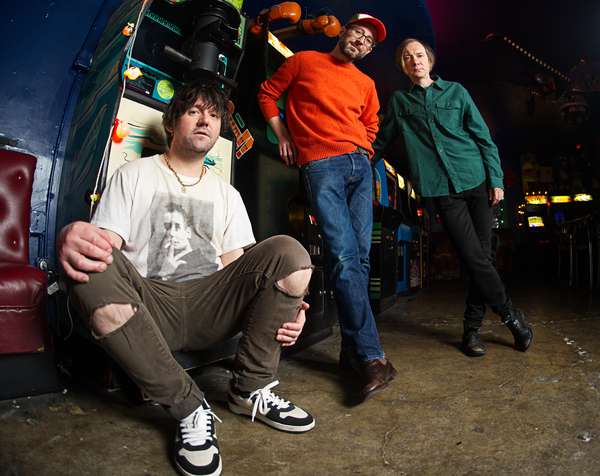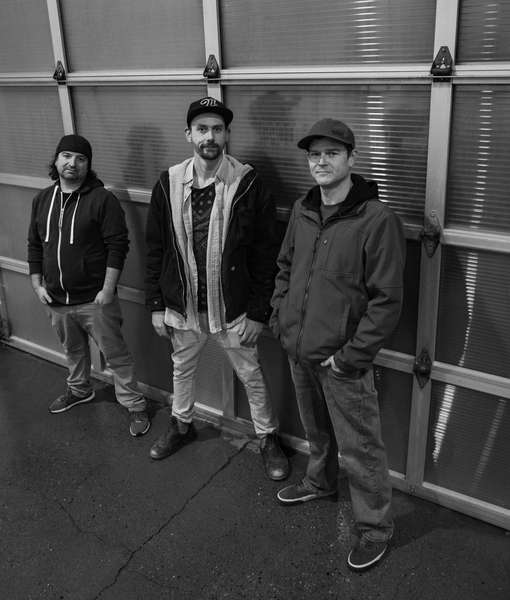I wasn't even aware Yes was still together at this point, let alone technically the same band. I guess as long as Chris Squire is playing bass somewhere on the album, it instantly becomes a Yes project. The again, Steve Howe and Alan White are also in the studio for this album, so with 3/5ths of the optimal Yes lineup present, I suppose it's still fair to call it the real deal. Keyboardist Geoff Downes also makes his return, having last played in the studio for Yes on 1980's Drama. Trevor Horn is present as well, but in his capacity as a producer and backup vocalist rather than in the lead slot. That place is taken by newcomer Benoît David, formerly of the Yes tribute band Close to the Edge and Canadian progressive rock band Mystery.
Even with most of their lineup intact, Yes is still pretty heavily dated by this point. And like other washed-up classic rock bands, expectations for their new studio effort, Fly From Here, are extremely low. We're talking about a band that hasn't had a well-received studio album since the 1980s, has had enough variable lineups to rival King Crimson or Asia in terms of alumni, and is centring their newest album on an epic-length piece that was created from a song originally rejected for inclusion on a synthpop album. When I say that this album was destined to be shitty, you should understand fully that by 'shitty' I mean 'there is no possible way this album should have been anything but terrible.'
And part of the reason is that Yes has just mellowed too much at this point. You can hear it on their other recent recordings. Even on the otherwise excellent Symphonic Live, when they try to perform their older pieces, they can't recapture the intensity and frantic playing that is found on their old studio recordings, such as “The Solid Time of Change” or “Ritual.” This causes their entire performance to seem extremely lethargic, and this carries over onto Fly From Here. All of their writing on this album is mid- to down-tempo to compensate for the band members' fatigue. It doesn't necessarily sound bad, it just sounds less intense and less captivating, as well as more forced and drawn-out
Putting tempo aside, a lot of the writing on this record just seems tired and uninspired. This is especially apparent on the Steve Howe solo track, “Solitaire.” It lacks the levels of complexity and melody that made his other pieces like “Mood for a Day” so good in the first place. It feels like it's thrown in as a prerequisite for being a progressive rock album rather than having any actual musical merit to it. Similarly, almost all of the tracks from the second half of the album are throwaways. “The Man You've Always Wanted Me to Be” is a dime-a-dozen whiny soft rock song, and “Hour of Need” is a short, aimless digression without any real merit.
The lyrics in general are also pretty terrible. There's a lot of reliance on standard lyric phrasing, boring themes and mindless repetition that really make the them annoying to listen to. Take “Fly From Here”—for the biggest track on the album, they couldn't imagine a more interesting refrain than “And we can fly from here / And we can fly from here / And we can fly from here / On the understanding / That we can fly.” It's also unfortunate that “The Man You Always Wanted Me to Be” probably has the most formulaic lyrics of any Yes song ever released. Though he isn't featured on that track in particular, a lot of these songs seem like a waste of new vocalist Benoît David's talents. He's a bit mellower than Jon Anderson, but he's every bit as expressive, and it's disappointing that his wonderful melodic work is butchered with such terrible lyrics.
Admittedly, a lot of this ire can be attributed to the fact that this Yes we are talking about—the band behind such classics as Close to the Edge and Fragile. It's hard to reconcile that name with anything but high-quality music. And yet, I'm certain a lot of people are going to like this album anyway. I think this album might be Yes' equivalent to Pink Floyd's The Division Bell. If you can recall that album, it was released back in 1994, far after Pink Floyd's prime. The album had a more streamlined, accessible sound that had only vague references to Floyd's progressive past. It didn't really sound like Pink Floyd any more; it sounded like a general rock band that somehow got David Gilmour to provide vocals.
The thing was, a lot of people actually liked that new sound. I know many people today who will swear by The Division Bell as Pink Floyd's best album. Though I disagree, I see a lot of parallels to Fly From Here. It's a drastically different, much more accessible sound for Yes. I don't mean that it sounds like their Big Generator-era pop rock music. It's just a sound that's much easier for people to enjoy. I can see a lot of people really enjoying this album, even if the 1970s progressive rock purists will scorn it.
And admittedly, there are a lot of catchy moments to be found here, even if they aren't exactly up to Yes' standards. “Fly From Here” and “Sad Night at the Airfield” are actually pretty solid slices of rock once you get past the lyrics, and “Into the Storm” is pretty hard not to get involved with, even for pretty standard-fare rock. “Life on a Film Set” does have some interesting moments, and I especially enjoy the unorthodox arrangement reminiscent of “I've Seen All Good People.” The heavy 11/4 riff in the second half of the song is surprisingly catchy, if somewhat predictable.
Fly From Here definitely deserves a chance. A lot of people pining for another 1970s progressive rock album in the pure will be disappointed, but the more casual classic and progressive rock fans will really enjoy this fresh offering from Yes. It's not spectacular, but it's certainly not terrible, either.
